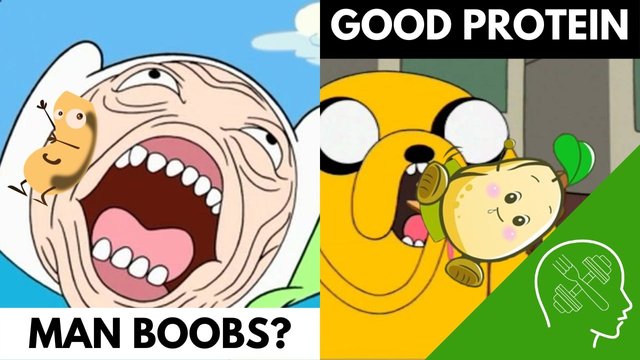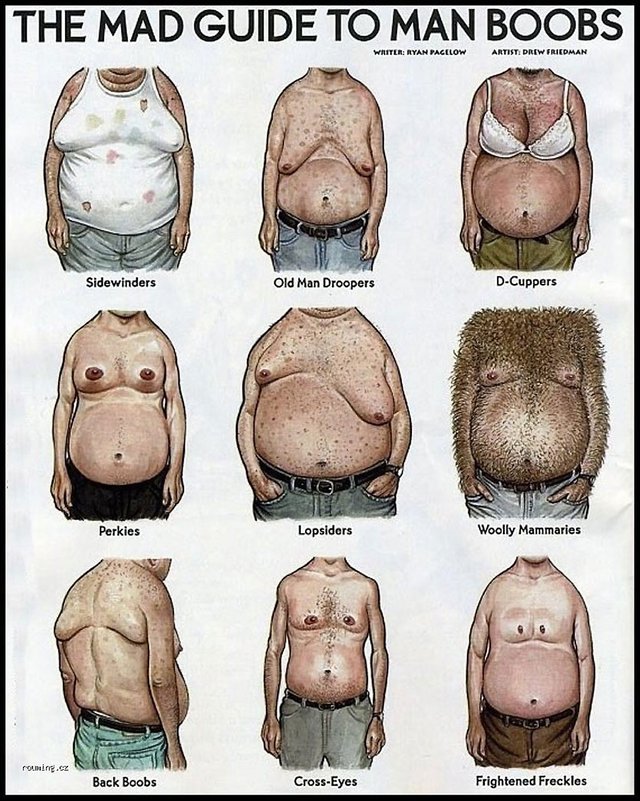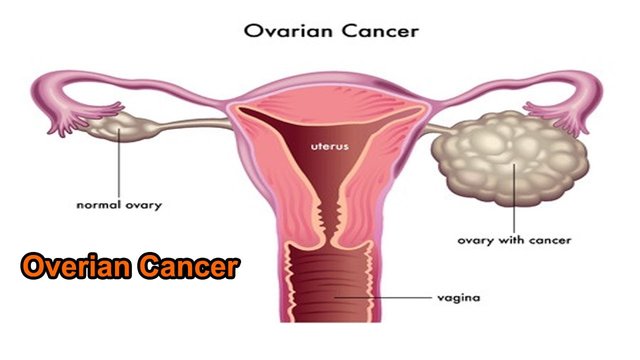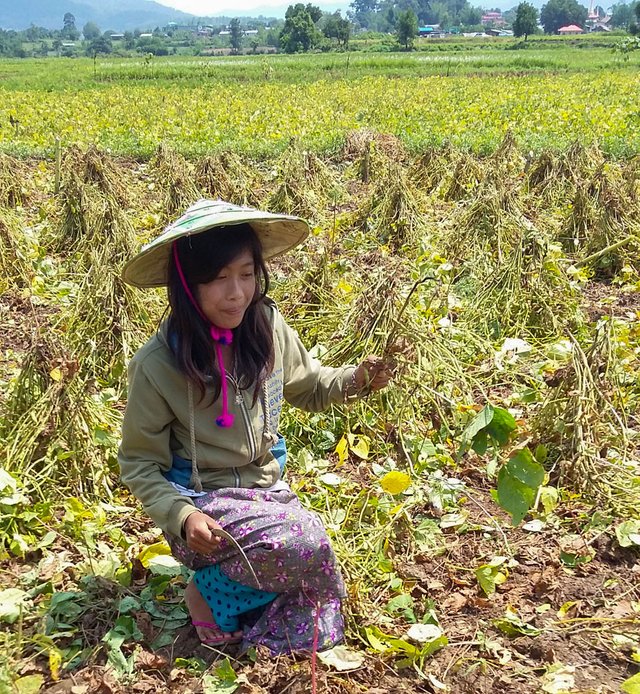Soy: An Unbiased Reality

The great debate... people seem to be either for soy or against soy. And people seem to have some very strong opinions.
The soybean or soya bean (Glycine max) is a species of legume native to East Asia, widely grown for its edible bean, which has numerous uses.
Some of its contents are dietary fiber (37%), iron (121%), manganese (120%), phosphorus (101%) and several B vitamins, including folate (94%).
High contents also exist for vitamin K, magnesium, zinc and potassium.
Soy is a great plant-based protein since it contains all of the essential amino acids.
So, why is all the noise?
In this post, you’ll read about the most popular myths that surround this powerful food.
Table of contents
- Phytoestrogens, testosterone and male feminization
- The right dose and cancer development risks.
a. It may help prevent or inhibit prostate cancer - Women and breast cancer
a. Ovarian cancer - Don’t take it for granted
- Environmental impact, GMO and why it could matter to you
a. What should you be eating? - Highlights
1. Phytoestrogens, testosterone and male feminization
Soybeans contain the isoflavones, genistein and daidzein, which are phytoestrogen compounds under preliminary research in cardiovascular diseases and numerous other diseases.
Soy does contain phytoestrogens (plant hormones - not human hormones).
Phytoestrogens in the human body are relatively weak and can actually bring benefits, such as a lowered risk of cancer, by 'blocking' actual estrogen.
Many people seem to think consuming phytoestrogens is “bad” but this certainly isn’t the case.
The isoflavones contained in soy are actually powerful antioxidants (particularly genistein) and research has shown that they have very positive effects in protecting against cancers and other diseases.
Because most naturally occurring phytoestrogens act as selective estrogen receptor modulators, or SERMs, which do not necessarily act as direct agonists of estrogen receptors, normal consumption of foods that contain these phytoestrogens should not provide sufficient amounts to elicit a physiological response in humans.[Study 1][Study 2]
According to Jason Kovac, MD, Ph.D., of the Men’s Center in Indianapolis, Indiana, “Soy proteins contain significant amounts of the phytoestrogen isoflavonoids that change to estrogenic substances with potential hormonal properties.”
But eating plant estrogens doesn’t mean you’re going to grow man boobs.
Kovac highlights the 2010 meta-analysis published in Fertility and Sterility as the best literature to consider, where researchers reviewed 15 placebo-controlled treatments and 32 reports.
The results suggested that soy protein and isoflavones do not affect testosterone levels in men — regardless of age.
And phytoestrogens are found in many other foods as well, such as: apples, oats, sesame seeds, flaxseed, lentils, rice, carrots, mint, ginseng, beer, and pomegranates.
Even if you completely avoid eating soy, you’re very likely still consuming phytoestrogens - but that’s not a problem.
A 2010 review showed that neither soy foods nor isoflavone supplements alter measures of bioavailable testosterone or estrogen concentrations in men.
a. The exception

There's a single case study (scientifically weak) which reported a 60-year-old man developing breasts, as well as sexual dysfunction, after self-reporting consumption three quarts (metric: almost 3 liters) of soy milk daily for six months.
His symptoms went away after discontinuation of the soy intake.
We don't know the man's history or any underlying medical complications, and this hasn't been able to be reproduced.
Problems may arise when soy is consumed at levels 10x times the norm for several months at a time.
Still concerned?
Well, cow milk is a source of estrogen in the diet and can constitute as much as 80% of your dietary intake of estrogen, reports Estrogen Dominance Guide.
Cows give milk while they are pregnant and nursing, so their estrogen levels are significantly higher.
Dairy livestock are also regularly given doses of hormones to increase their growth and milk production.
That’s why conventionally raised meats and dairy can contribute to gynecomastia.
2. The right dose and cancer risks.
If animal proteins promote cancer because they boost our blood levels of the growth hormone IGF-1 (simply explained), what about the few plant proteins that have amino acid ratios similar to animal proteins such soy foods?
Five to ten servings per day of soy have been shown to increase IGF-1 levels, but two to three servings did not.
a. It may help prevent or inhibit prostate cancer
However, a 2016 review concluded that "current evidence from observational studies and small clinical trials is not robust enough to understand whether soy protein or isoflavone supplements may help prevent or inhibit the progression of prostate cancer."
3. Women and breast cancer
The overall research largely points to soy having positive effects on preventing or slowing down cancer growth.
Studies show that women who regularly include soy products are less likely to develop breast cancer, compared with other women.
In nearly 10,000 breast cancer survivors, those who ate more soy after diagnosis had a significant 25% reduction in recurrence at 7.4 years post diagnosis.
a. Ovarian cancer

Several epidemiological studies show that intake of isoflavones is linked with reduced risk of ovarian cancer.
The Japan Collaborative Cohort Study, consisting of 64,327 women, found that the intake of tofu may have preventive action against ovarian cancer.
A meta-analysis found that women with highest soy intake showed a 48% lower risk of ovarian cancer than women with the lowest intake.
4. Don’t take it for granted
Despite all the pervious evidence, rigorous dietary clinical research in people with cancer is inconclusive as of 2018.
Some other articles about Thyroid function and Gout (1,2,3,4)
5. Environmental impact, GMO and why it could matter to you
Around 80% of the global soybean crop is used to feed livestock.
This drives the demand for meat, which in turn requires huge tracts of land to grow feed crops for livestock.
At the same time, soybean plants are vulnerable to a wide range of bacterial diseases, fungal diseases, viral diseases and parasites which is why they are one of the "biotech food" crops that have been genetically modified in order to make them more resistant to plagues and increase the efficiency of its production.
However, little to no research about their impact on human health has been done about it.
Difficulties with coexistence and subsequent traces of cross-contamination of non-GM stocks have caused shipments to be rejected and have put a premium on non-GM soy.
In 1997, about 8% of all soybeans cultivated for the commercial market in the United States were genetically modified. In 2010, the figure was 93%.
A 2003 study concluded the "Roundup Ready" (RR) gene had been bred into so many different soybean cultivars, there had been little decline in genetic diversity, but "diversity was limited among elite lines from some companies".
a. What type should you be eating?

So since (by far) the main use of soy is for animal feed, the logical way to help stop soy-related deforestation is to just stop eating meat.
In fact, if everyone in America were to remove meat from their diet, there would be enough extra grain grown to feed 1.4 billion people!
Also, human sewage sludge can be used as fertilizer to grow industrialized soybeans, so make sure you get the most organic and non-GMO version possible such as tofu, tempeh and soy milk as well non-GMO labelled seeds.
Here you have a wide list of alternatives (tempeh, teriyaki, soy yogurt, miso, etc.).
6. Highlights
• The dose makes the poison, moderate the amounts of soy you consume in a day (no more than 40g of soy protein per day). Soy is an excellent choice, but we should probably stick to no more than 3-5 servings a day.
• Avoid soy supplements made from isolated soy components such as isoflavones like genistein and daidzein and skip the “frankensoy” processed soyfoods.
• If you are allergic to soy, don’t worry. There are plenty of alternatives to choose from such as hemp, beans and lentils.
• Choose good quality soy such as tofu, tempeh and miso.
• Soy is used in clinical treatments.
• Consider the products you eat that contain soy lecithin (used to prolong the shelter life of foods)
• Watch this video for a complete talk about soy misconceptions.
• All that said, if you’re still worried about low testosterone, the cause may not be your diet. See a urologist or endocrinologist who specializes in men’s health and get your levels tested.
What do you think?
If you are an ambitious professional or entrepreneur looking to get in shape:
🟢Reserve your spot for free (limited availability, no purchase commitments)
🟢Get your free sample
🟢Learn about the program
🟢Contact me
🟢Check my website
🟢Upvote, follow me and resteem it with your fitness buddies
🟢Next:The Best Time to Workout Revealed
🟢Blogs
⚪Minds
⚪Twitter
🟢Articles
⚪Steemit
⚪Publish0x
🟢Earn crypto with these browsers
⚪Brave
⚪CryptoTab
🟢The best cold storage wallets for crypto
⚪Ledger
⚪Trezor
⚪KeepKey
🟢Freelance and get paid in BTC
⚪Cryptogrind
🟢Online shopping with BTC
⚪Bitify
🟢Buy crypto
⚪Binance
⚪Coinbase
🟢Support my content
⚪BTC: 1FHztiqtUiAjNVfAGo1uQXe6hYHNTmnj9 | BTC QR Code
⚪ETH: 0xed3ef7a6665e094694c574aeacf5190fd8cc5402 | ETH QR Code
🟢Shout out to my favorite witnesses: @xeldal , @good-karma , @roelandp , @yabapmatt , @actifit , @blocktrades , @themarkymark , @gtg , @someguy123 , @aggroed , @timcliff , @ocdb , @therealwolf , @anyx , @curie , @drakos , @lukestokes.mhth , @steempress , @emrebeyler , @pharesim , @liondani , @steempeak , @stoodkev , @abit , @busy.witness , @steemhunt , @arcange , @wise-team , @blockbrothers , @kevinwong , @holger80 , @jackmiller , @helpie , @firepower , @guiltyparties , @neoxian and @steemgigs
Bibliography:
- Cold, Flu & Cough, Eye Health, Heart Disease, Lung Disease, Pain Management, Sexual Conditions, and Skin Problems et al. 2019. "Soy: Uses, Side Effects, Interactions, Dosage, And Warning". Webmd.Com. https://www.webmd.com/vitamins/ai/ingredientmono-975/soy.
- FACLM, Michael. 2019. "How Much Soy Is Too Much? | Nutritionfacts.Org". Nutritionfacts.Org. https://nutritionfacts.org/video/how-much-soy-is-too-much/.
- FACLM, Michael. 2019. "Milk Protein Vs. Soy Protein | Nutritionfacts.Org". Nutritionfacts.Org. https://nutritionfacts.org/video/milk-protein-vs-soy-protein/.
- "Is Soy Good Or Bad For Your Health?". 2019. Healthline. https://www.healthline.com/nutrition/soy-good-or-bad.
- "Soybean". 2019. En.M.Wikipedia.Org. https://en.m.wikipedia.org/wiki/Soybean.
- "The Dangers Of Soy | Paleo Leap". 2019. Paleo Leap | Paleo Diet Recipes & Tips. https://paleoleap.com/dangers-soy/.
- "The Truth About Soy - Busting The Myths". 2019. Riseofthevegan.Com. https://www.riseofthevegan.com/blog/the-truth-about-soy-busting-the-myths.
- "Why You Should Steer Clear Of Soy (Unless Its Fermented)". 2019. Mercola.Com. https://articles.mercola.com/sites/articles/archive/2017/11/13/soy-health-food-or-not.aspx.
- https://www.healthline.com/nutrition/foods/soybeans#downsides - Soybeans 101: Nutrition Facts and Health Effects
The health information on this site is provided as an information resource only and is not to be used or relied on for any diagnostic or treatment purposes. This information is not intended to be patient nor client education does not create any patient-coach relationship, and should not be used as a substitute for professional diagnosis and treatment. Please consult your health care provider, before making any healthcare decisions or for guidance about a specific medical condition. Edward Casanova shall have no liability, for any damages, loss, injury, or liability whatsoever suffered as a result of your reliance on the information contained in this site. This is a curated article made from different sources, always do your own research to shape your truth
Would love to see you use #naturalmedicine tag. Love this post and it fits the front end. I love tofu and tempeh but like anything, moderation is key. And I knew Japanese woman had less chance of ovarian cancer due to eating of soy product. You are RIGHT about the eating meat/deforestation link. I will take my risk with soy, depending on where it is from, and not eat meat!
glad this article gave you some insight, I'm trying new stuff as well. Just make sure you're getting organic, non-gmo if not the closest to that.
Congratulations @zen.fit! You have completed the following achievement on the Steem blockchain and have been rewarded with new badge(s) :
You can view your badges on your Steem Board and compare to others on the Steem Ranking
If you no longer want to receive notifications, reply to this comment with the word
STOPDo not miss the last post from @steemitboard:
Vote for @Steemitboard as a witness to get one more award and increased upvotes!
I agree with your post pal. My country produces a lot of soy bean but is not very consumed here. I think we can fight a bit with hungry here using soy and its derivates products. In another hand we are selling simple soy bean without manufacturing it to the entire world. The bad side of soybean is the chemicals used here to grow and protect it from insects and "bad herbs" or yuyos in spanish. That chemicals are killing people here. Some people near from farms are getting cancer and other conditions and illness related to chemicals abuse and use. I hope this can be controlled and restricted. Have a nice weekend. Read and upvote you soon again.
Indeed, organic farming is really slow and sometimes expensive however it all depends on the prince people put on their health
Man boobs. @adetorrent choose one :D
Man boobs can sometimes be sexy haha
Hey, stopping by because you asked for it :)
I don't eat soy. For several reasons. Mainly because it's industrial holly grail and consequently poisons the environment in many ways.
Secondly, only fermented soy is good soy.
I won't go into explaining and debating my claims. I'll simply stick to them. It's my decision.
About eating meat and everything involved with it. Yes, it would be muchX better not to eat meat on a planetary scale. Actually, I believe this is the only way to save our civilization.
Yes, it looks like we don't want to save our civilization.
In the end, it doesn't matter. nature will prevail no matter what we do.
Have a great weekend.
As long you're consuming it in a way that fits you it's alright.
And when it comes to saving the civilization that's when most if not all of the carnivores i've met stop arguing. Nobody has seemed to offer me a rational argument against the meat production industry or perhaps an alternative.
Sorry, I don't understand your last sentence
Why would I need an alternative to the meat production industry? It's harmful and poisonous and unneeded, that's all. You don't need alternatives to meat because you don't need meat. Simple as that :)
I mean, I don't like to think in black and white.
In an ideal world, we would all be vegetarians or vegans but practically there will still be a substantial of meat-eaters.
The point is, how do we produce meat for them without harming both the animals and the environment?
Option 1: Produce lab meat (too expensive)
Option 2: ? ..Remains unknown